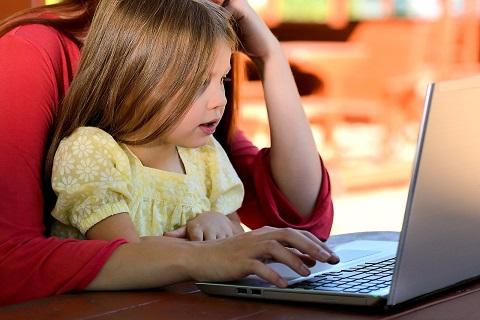
Published on: 24/03/20
We’ve gathered together a selection of the most useful information for families supporting children and young people with brain injury at this time.

Published on: 24/03/20
Families across the country are having to come to terms with what the coronavirus means and how it is impacting all our lives.
For families of children with brain injury this is a particularly tricky time, so we’ve pulled together some advice on how to talk to your children, keep them occupied and stay up to date with relevant information.
With constant updates in the news and big, sudden changes to routines, this can be a particularly scary time for children. Stories are a great way to start conversations and share difficult emotions. Remember, emotions are processed through repetitive play so stories are best read multiple times.
This free book has been written by a nurse to help children feeling worried about the coronavirus outbreak. Nurse Dotty explains coronavirus to Dave the Dog, providing information in a reassuring and child-friendly way.
For families with young people who may be feeling worried or anxious about Covid-19, COVIBOOK is an easy-to-understand way to help support and reassure them, and it is available in multiple languages.
It’s important to replace lost routines with new activities, and there are lots of resources online for things to do indoors.
This list of ideas has been developed by a Speech and Language Therapist, and includes some great ideas for families of children and young people, on everything from managing anxiety to busting boredom with live-stream concerts and online board games.
Here are 30 more ideas courtesy of Brain Injury Canada, focussing on feel-good activities and keeping entertained, including ideas for livening up mealtimes.
Part of your new routine might include home education. The Brain Injury Hub schools guide is a free to download booklet with advice on learning, including the need to manage fatigue by pacing activities, encouraging rest time and providing a quiet space away from siblings.
It also has practical tips on how to tackle the challenge of learning new things, for example using mnemonics to aid memory, trying recording devices instead of note-taking, and breaking down learning into manageable chunks.
You can order this booklet and other resources here.
Find the latest updates and information about coronavirus and how it may affect you and your family online.
The Child Brain Injury Trust has shared this great factsheet outlining coping strategies for families of children with brain injuries at this time. It covers how stress may impact on behaviour, with practical tips and lots of links to further resources.
Other charities are regularly updating their information about how coronavirus may specifically affect people they support. For example, Epilepsy Action and the Stroke Association.